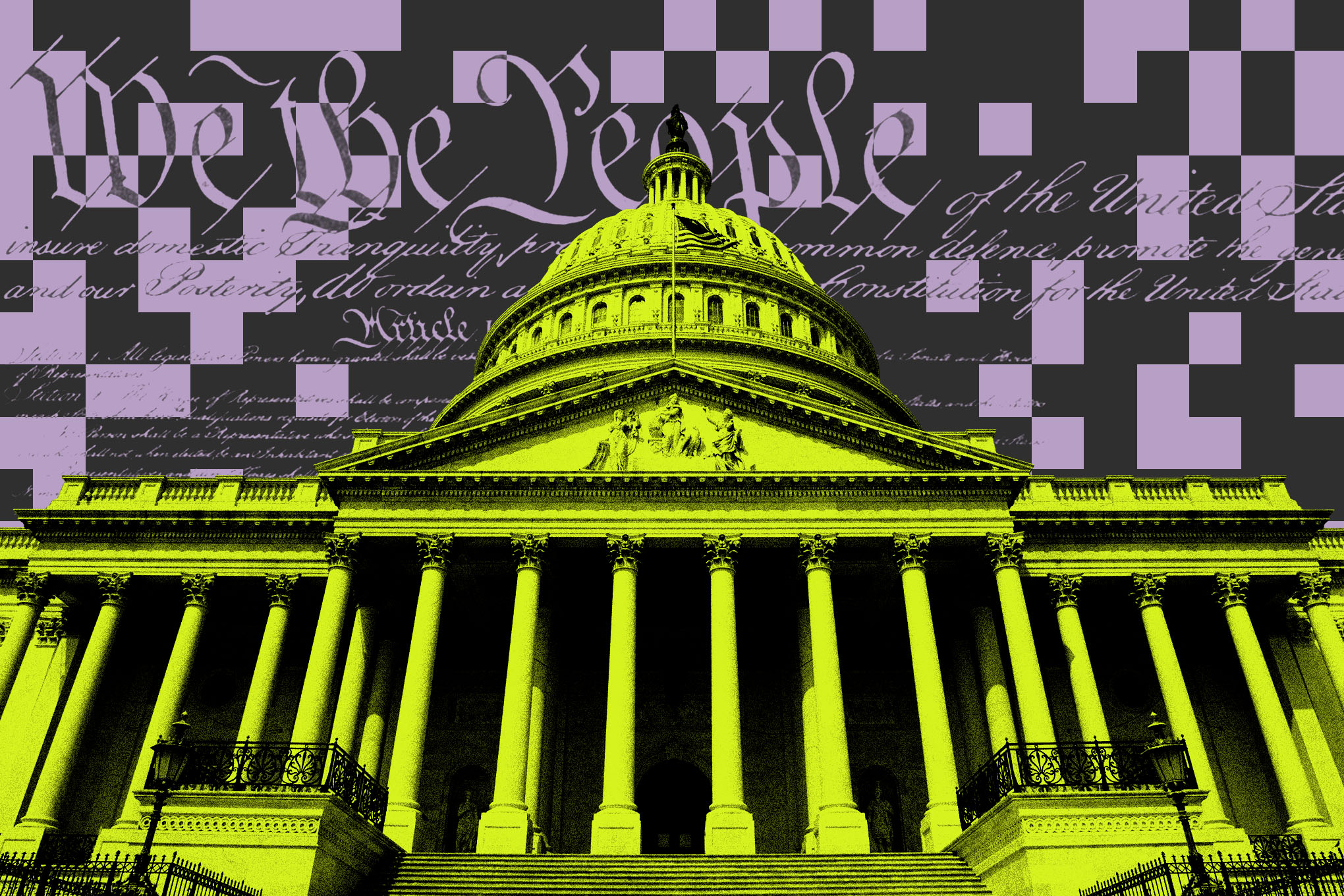The killing of right-wing activist Charlie Kirk has ignited a firestorm within the Republican Party, prompting a significant push for a new House select committee targeting liberal donors and organizations. Fueled by outrage and accusations of a coordinated attack on conservative values, roughly two dozen Republican lawmakers are demanding an investigation into what they term “the radical left’s assault on America.” This call for a select committee, led by Rep. Chip Roy, seeks to utilize subpoena power to delve into the financial networks and media outlets perceived as antagonistic to the Republican cause. The move is significant, not only for its potential impact on political discourse but also for its implications concerning free speech and the limits of political investigation.
The Proposed Select Committee and its Mandate
The proposed committee, envisioned by its proponents as having members with law enforcement backgrounds, aims to investigate the “money, influence, and power” behind what they perceive as an orchestrated campaign against conservative values. The lawmakers’ letter explicitly names individuals and groups like George Soros and Antifa, alleging their involvement in funding and coordinating various activities perceived as threats to public order. This includes claims of funding district attorneys and judges who are releasing criminals and facilitating the opening of the borders, which are presented as direct factors contributing to an increase in lawlessness. The request highlights the desire to ‘follow the money’ and expose the networks perceived to be behind this alleged campaign.
Allegations and Accusations: Targeting Soros and Antifa
The letter points fingers directly at George Soros, a frequent target of right-wing criticism, accusing him of funding “professional agitators” and creating a coordinated effort to undermine conservative ideals. Additionally, the letter references Antifa, highlighting their alleged role in “sophisticated terror campaigns.” These allegations, while serious, lack concrete evidence at this stage and have not been substantiated. The inclusion of such assertions raises concerns about the potential for the committee to become a tool for partisan attacks rather than an objective investigation. The reference to Kirk’s inclusion on the Southern Poverty Law Center’s “Hate Map” further exemplifies the charged atmosphere surrounding this proposed inquiry.
Free Speech Concerns and First Amendment Rights
The immediate aftermath of Kirk’s death saw a wave of statements from Republican officials condemning those who celebrated or made light of the event. While some statements expressing outrage at the killing and those perceived as celebrating it are likely protected under the First Amendment, the potential for this select committee to chill free speech is a legitimate concern. The line between expressing an opinion and inciting violence remains blurry, and the potential for the committee to overreach in its investigations is a valid point of contention. The committee’s focus on financial networks also raises questions about the potential infringement on the rights of individuals and organizations to engage in political activities.
The Broader Political Context and Implications
This push for a select committee comes amidst a highly polarized political climate. The intensity of the response to Kirk’s death, and the subsequent focus on liberal donors, underscores the deep divisions within American society. The success of such a committee could establish a precedent for future investigations into political opponents, potentially creating an environment of increased surveillance and intimidation. The focus on financial backers, rather than direct actions, could lead to an unsettling dynamic where dissent is suppressed not through direct legal action but through economic pressure. This represents a complex and potentially dangerous power dynamic which could severely compromise free speech and political participation.
The call for a select committee to investigate liberal donors in the wake of Charlie Kirk’s death reflects a significant escalation in political tensions. While Republicans frame this as a necessary measure to combat what they see as a coordinated attack on American values, the potential for partisan overreach and the chilling effect on free speech remain significant concerns. The lack of concrete evidence presented alongside the inflammatory rhetoric raises questions about the true motives behind the proposal and its potential consequences for American democracy. The committee’s success in uncovering real threats to public safety versus silencing opposition remains to be seen, and its lasting impact on the political landscape will undoubtedly be significant.

